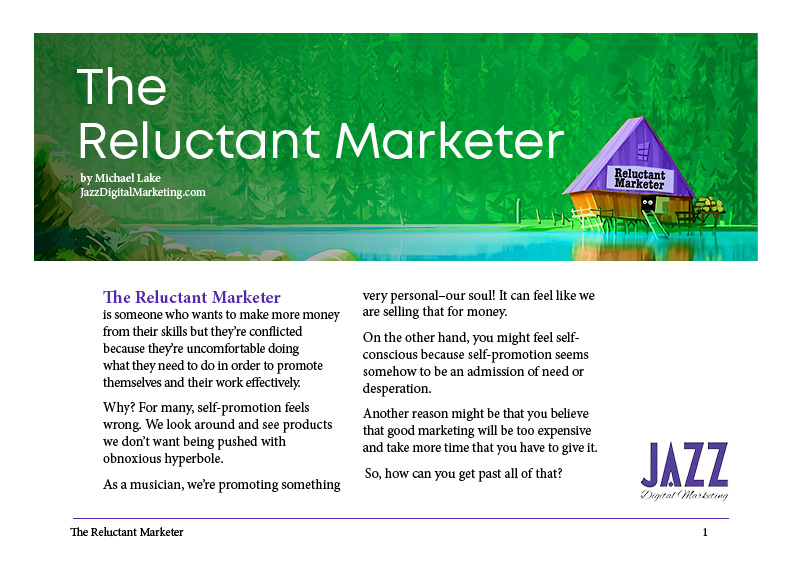My previous post described my experience with the terrible customer service ‘provided’ to me by the video platform, Vimeo. In fact, they initially refused to provide me with service since apparently they only service new customers or those who wish to upgrade their subscription (i.e. give Vimeo more money.) I, on the other hand, was trying to reduce my service level.
This is hardly the first time I’ve railed against poor or non-existent customer service, but recently I’ve been given a hint as to who is ultimately responsible for this mess. It’s the guy shown above.
That is Moloch, an ancient God that was universally viewed as evil. It has gone through many various interpretations, but I recently listened to Max Tegmark speak about AI and how Moloch is to blame for the caution we must take as Artificial Intelligence speeds forward unrestrained.
You may be familiar with Moloch from Alan Ginsberg’s famous 1955 poem called Howl. In part two of the poem, Ginsberg names Moloch as the monster of mental consciousness that preys on the Lamb. He actually goes much further than that by basically blaming every aspect of the modern world he dislikes on Moloch. I take issue with Ginsberg’s wholesale railing against Capitalism, but I think that from time to time, we need to think carefully about unrestrained optimization, whether regarding AI or general business practices.
So within the context of Max Tegmark’s use of Moloch to warn against an AI free-for-all, let’s unpack why Vimeo so fiercely defends against a customer’s downgrade and service cancellation.
In this context, Moloch is the force of nature that knows only one direction: optimization. You see it everywhere: weeds taking over your lawn and garden, the mating rituals of everything from colorful dancing Birds of Paradise to fierce fighting male mammals, to the relentless spread of the Coronavirus. In each of those examples and countless more, nature is optimizing itself. Think survival of the fittest.
Well, we humans are no different. We want more money; more love; more Facebook likes; more Twitter shares, more gigs; better cars, homes, and clothes; more intelligent; or to be more famous. We are all striving to climb to the top of Maslow’s pyramid, but let me be clear: none of those things are in of themselves bad objectives for which to strive. The problem arises when the means to achieving those things cross the somewhat fuzzy line of “whatever it takes.”
Back to Vimeo.
Vimeo is a public company, and as such, it must file quarterly reports on earnings, and there is only one direction acceptable to its shareholders, and that is UP. “Up” requires more subscribers, more views, more earnings, and more profit. All the time. Vimeo’s CEO, Anjali Sud, is responsible for producing those results and her job and reputation depends on it. As a result, she must direct Vimeo to optimize. There’s that word again.
Moloch is looking over Anjali’s shoulder every second of every day reminding her of shareholder expectations, Vimeo’s competitors, and the thousands of employees whose livelihoods depend on higher company earnings. Once the company eases up, another video platform will be there to take Vimeo’s place in the industry’s pecking order.
I seem to be making a pretty good case for Vimeo’s prevent of subscribers from downgrading their subscriptions. Making it easy for subscribers to pay less seems to go against the force of nature being orchestrated by Moloch.
But the Reluctant Marketer gives the middle finger to Moloch. I believe that there is a long-term alternative to doing whatever it takes to optimize income. Look back at the previous post where I spoke about Zappos. They lost short-term money on customers who were granted no question refunds, on giving gifts to customers as acts of kindness, and other things done to make their customers thrilled to be associated with the Zappos brand.
In the end, the company that started from a $2mm capitalization was sold to Amazon for $940mm. Now THAT’S optimization! And, the owners demanded that Bezos run the company as an independent entity which included maintaining Zappos’ service-first business philosophy. They were prepared to walk if Bezos declined that condition.
Is everyone as principled as the Zappos Board of Directors were that day they sold the company? No, but I contend that we should be.
We should be happy to refund money back to our customers who fail to get the value they expected from our product. We should be happy to go the extra mile to help a customer get the most out of our products. We should be focused on the delight of our customers rather than a rigid lock-step adherence to policy. (Are you listening Vimeo?)
Let’s continue to optimize, but not in the short-term “whatever it takes” mentality demanded by Moloch that the world seems to be blindly following. Let’s optimize by doing the right thing for the customers, employees, suppliers, and everyone else touched by what we do.
As an update, Vimeo did reach out to me a week later and gave me a plan for permitting my service downgrade.
They will give me a refund for the difference between the plan that auto-renewed and the lessor plan I want. It requires canceling my account and then restarting, hopefully without losing my thousands of videos in the process!
While I genuinely appreciate their resolution, Moloch is still at play here when the downgrade is hidden and it takes a week to get back to me with a convoluted solution.
The ubiquitous message of “We’re sorry for the delay, but our support requests are greater than normal.” is used as an excuse, in my opinion, to maintain fewer support resources than are needed. If you run a business, spend on the resources necessary for consistently prompt satisfying service. Will that put you at a disadvantage to your competitors who won’t do that? Maybe, but do it anyway if you are playing the long game.









1 thought on “Giving the finger to Moloch”
love what you wrote bro !! makes total sense
keep these posts coming